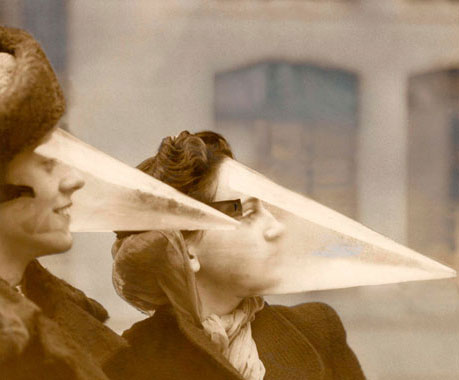Debate and Workshop /
Operating Manual for Living in the Worst-Case Scenario
Date: Thursday, 16 February 2017, 5:30–8 pm
Location: Cabinet, 300 Nevins Street, Brooklyn (map and directions here)
FREE. RSVP via Eventbrite
Facebook Event

Please join us for a program that explores how we conceive “solutions” and “preparedness” for living in worst-case scenarios.
Originally produced for wartime civil protection campaigns, the survival manual has evolved over recent decades alongside the escalating need for official disaster management policies. New forms of adventure seeking and media coverage of global threats have bred an industry-turned-genre. The survival manual embodies a society haunted by potential worst-case scenarios, in which scenario design is becoming a prominent feature of the “safety industry,” from FEMA’s “family disaster plan” to online resources made by so-called “prepping” enthusiasts. Props, prompts, and the reassurance of expertise are key to the survival manual’s scenario design. “Operating Manual for Living in the Worst-Case Scenario” is a collaborative curatorial project comprising a conference panel and a “boot camp” exploring the designed response to risk and disaster through the lens of the survival manual.
This evening’s “boot camp” will include debate, audio projects, “how-to” exercises, and a choreography workshop:
“How-To” Exercises, by Maya Oppenheimer and Afield Studio (Kai Wood Mah & Patrick Lynn Rivers), present the audience with brief instructions related to creative and mundane tasks in the face of the worst-case scenario.
Survival Hoardings: An Illustrated Tour, with Francesca Laura Cavallo, explores the survival manual as a literary genre and as a barometer for evidencing sociocultural and historical awareness of emergencies, imagined threats, and magic.
An Audio Guide to Getting Out, by Emily Candela and Royal College of Art Information Experience Design students, reimagines museum spaces as disaster zones, blending the museum audio guide, podcast, and civil defense manual.
Choreographies of Survival, with the School of Apocalypse, facilitated by the Bodies Intersect Buildings working group (Tal Berry, Eugenia Manwelyan, Danica Selem), is a workshop exploring how architecture shapes our physical, social, and emotional bodies and behaviors. Through a series of visual tools and prompts, this workshop aims to reclaim our right to move, feel, and interact freely in the spaces we inhabit as an essential tactic for twenty-first-century survival.
“Operating Manual” is organized by Emily Candela, Francesca Laura Cavallo, and Maya Oppenheimer, with the support of Design History Society, University of Kent, and the School of Apocalypse. For more information, email intheworstcasescenario [at] gmail.com
About the Participants
Afield Studio (Kai Wood Mah & Patrick Lynn Rivers) is a design research practice bringing comparative interdisciplinary perspective to contemporary social issues. The practice is critically informed by the integration of design and social science methodologies that advance research-creation. Projects range from investigations of progressive housing solutions for refugees in South Africa to the adaptive reuse of a shuttered Chicago public school situated within a community impacted by postindustrialism and demographic change.
Emily Candela is a historian of design and science and a broadcaster. She teaches at the Royal College of Art in Information Experience Design and Critical and Historical Studies. Candela recently made the six-part radio series and podcast “Atomic Radio,” in association with the Science Museum and Resonance 104.4 FM, exploring intersections of the science of X-ray crystallography, art, and design. For more information, see emilycandela.co.uk.
Francesca Laura Cavallo is an independent researcher, curator, and art critic based in London. She teaches contemporary art history at the University of Kent, where she is also conducting her PhD on the aesthetics of risk, focusing on pre-disaster scenarios and the proximity between risk assessments, fiction writing, and art. She curated the exhibition “Risk” at Turner Contemporary and was part of the Organising Disaster research project at Goldsmiths College. She regularly writes for Camera Austria International, among other publications. For more information, see francescalauracavallo.com.
Maya Rae Oppenheimer’s work combines design, research, writing, history, and critical pedagogy; her expertise focuses on the influence of materials, instruments, researcher intent, and experiment methodologies on the outcomes of social psychology and behavior studies that inform design decisions. She teaches across the School of Humanities, Royal College of Art, and addresses critical and ethical interdisciplinary design themes in both academic and public forums.
School of Apocalypse examines connections between creative practice and notions of survival. In light of growing cultural, ecological, and technological phenomena that challenge basic assumptions about human existence, the SoA offers courses and programming that seek to develop new modes of inquiry and apply broader levels of experience to intellectual investigation. For more information, see http://pioneerworks.org/interventions/school-of-apocalypse/. [link defunct—Eds.]